The Problem with Paranormal TV Shows: Entertainment, Not Evidence
In recent years, paranormal TV shows have seen a massive surge in popularity. From ghost-hunting teams exploring haunted asylums to psychic mediums contacting the dead on camera, these programmes have captivated audiences around the world. But as compelling and spooky as they may seem, there's a growing concern among serious paranormal researchers and enthusiasts: these shows blur the line between entertainment and reality.
Entertainment First, Evidence Second
Let’s be clear — paranormal TV shows are created for one main purpose: entertainment. They are crafted to thrill viewers, build suspense, and keep ratings high. This often means heavy editing, dramatic music, scripted dialogue, and exaggerated reactions. Scenes may be manipulated to create tension, and sometimes, events are re-enacted or fabricated to fit a narrative arc.
That’s not inherently wrong — it’s what television is designed to do. But the problem arises when viewers start taking what they see on screen as factual evidence of the paranormal.
Misleading Representations
Most shows portray investigations as fast-paced adventures where spirits communicate within minutes, equipment reacts dramatically, and answers come quickly. In real-life paranormal research, however, things move slowly. Investigations can take weeks, months, or even years, with very few (if any) definitive conclusions. Evidence is typically subtle, open to interpretation, and often inconclusive.
What’s worse is when questionable methods are passed off as legitimate science. Fancy-looking gadgets with blinking lights are often presented as “ghost detectors,” even though many have no basis in validated scientific principles. Viewers who aren’t familiar with proper investigative protocols may assume these tools and techniques are credible, when in fact they’re often based on pseudoscience or outright speculation.
Damaging to Real Research
The sensationalism of paranormal TV shows can also damage the credibility of serious paranormal investigators. Many professional researchers follow strict protocols, apply critical thinking, and prioritise evidence over emotion. But because the public’s perception is often shaped by TV portrayals, investigators can find themselves battling misconceptions and unrealistic expectations.
People may expect instant results, dramatic hauntings, and flashy tech when they invite teams into their homes. This can lead to disappointment or even distrust when investigations don’t live up to the TV-style hype.
Critical Thinking is Key
Enjoying paranormal TV shows isn’t a problem — many are entertaining and even fun to watch. The issue lies in confusing entertainment with reality. Viewers should approach these shows with a healthy dose of scepticism and remember that what they’re seeing is often dramatised for effect.
If you’re truly interested in the paranormal, consider doing your own research, reading reputable sources, or connecting with experienced investigators who take a scientific and respectful approach to the unknown. And most importantly, ask questions, think critically, and never take TV at face value — especially when it comes to the unexplained.

